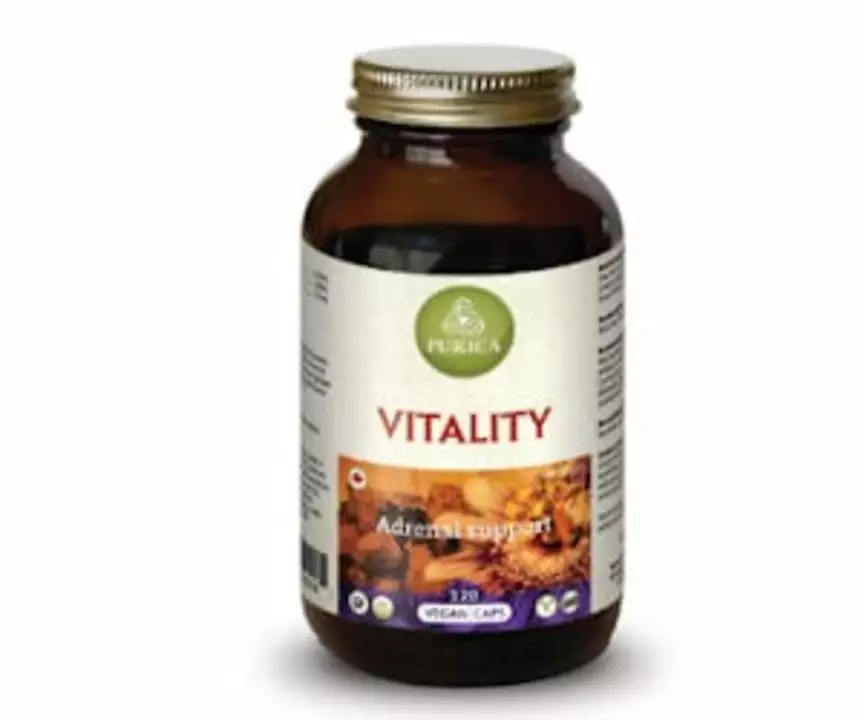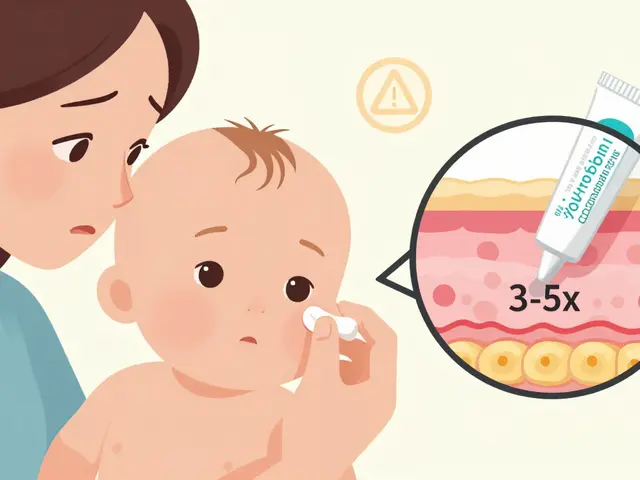Reishi mushroom: benefits, doses, safety, and how to buy
Thinking about reishi mushroom (Ganoderma lucidum)? People use it to support immunity, calm stress, and improve sleep. That’s the short version. Below you’ll find clear, practical advice on what reishi actually does, how to take it, who should avoid it, and how to pick a good product.
What reishi does and what evidence shows
Reishi is a long-used medicinal mushroom, often called lingzhi. Human trials show it can help immune function and reduce fatigue in people with long-term illness. Some studies also report better sleep and a mild mood lift when people take standardized extracts for a few weeks. That doesn’t mean it’s a cure—think of reishi as a supportive supplement, not a replacement for medical care.
Reishi’s active compounds are polysaccharides and triterpenes. Polysaccharides are linked to immune signaling, while triterpenes may affect inflammation and stress response. Products that list amounts or a percentage of these compounds tend to be more reliable than those that don’t.
How to take reishi (forms and doses)
Reishi comes as powders, capsules, tinctures (liquid extracts), and whole dried mushroom for tea. Extracts concentrate the active parts and are the most efficient way to get a consistent dose.
Common dosing guides used by supplement makers: 1,000–1,500 mg per day for a concentrated extract, or 3–9 g per day if you’re using powdered whole mushroom. Tinctures often come with manufacturer dosing on the bottle—follow that or start low and work up. Give any new dose at least 2–4 weeks to notice steady effects.
Tip: If you want immune support, choose a dual-extract product (hot water extract for polysaccharides plus alcohol extract for triterpenes) or products that list both types of compounds.
Safety & interactions
Reishi is generally well tolerated, but side effects can include stomach upset, dry mouth, itchiness, or dizziness. Avoid long-term high doses if you’re on blood thinners, immune-suppressing drugs, or have a bleeding disorder—reishi can affect clotting and immune responses. Pregnant or breastfeeding people should skip it unless a provider approves. If you have an autoimmune condition, check with your doctor before starting reishi.
How to pick a quality product
Look for manufacturers that state the extract ratio (for example, 10:1) and list polysaccharide or triterpene content. Third-party testing (USP, NSF, or independent lab reports) is a big plus. Avoid vague labels like “mushroom blend” without specifics. If buying online, check seller reviews and return policy. For the best value, choose standardized extracts rather than cheap bulk powder.
Final practical tip: start with a modest dose for 2–4 weeks, track effects like sleep or energy, and adjust. If you’re also taking prescriptions, ask your pharmacist or doctor before adding reishi.



